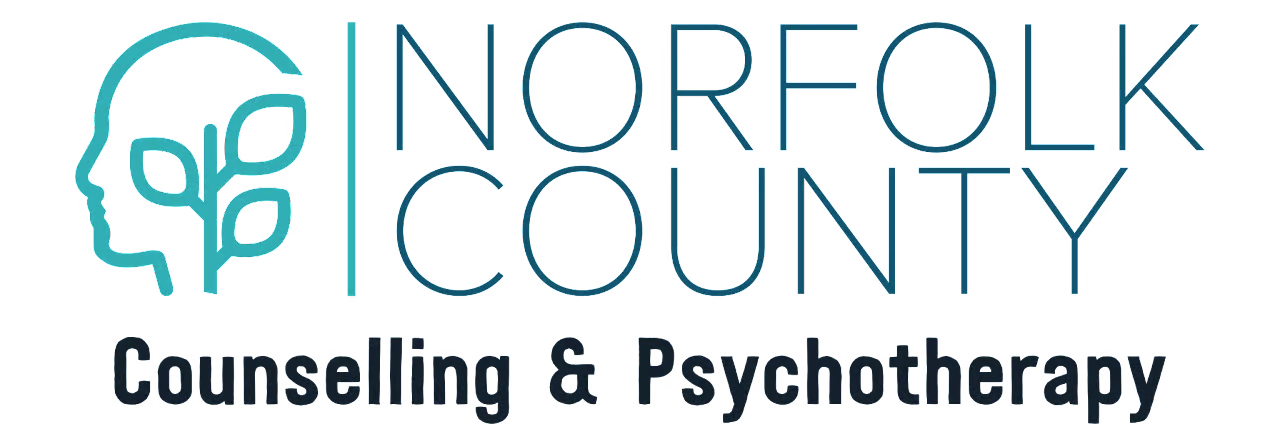Habits That Can Negatively Affect Your Mental Health
Written by: Hannah Kochany BSW (cand.)
In the commotion of modern life, we often tend to find ourselves overwhelmed by the demands of work, school, relationships, and various other responsibilities. In stressful times like these, our mental health should be our top priority. While we aren’t always in control of these stressors, we do have control of our habits, which can sometimes unknowingly harm our mental well-being. In this blog, we’ll explore some common habits that can adversely affect your mental health and find ways to break free from them.
Excessive Screen Time
In today’s world, it’s nearly impossible to avoid screens altogether. However, excessive screen time, whether it’s spent on phones, tablets, computers, or televisions, can have a harmful effect on your mental health. Constant exposure to screens can lead to eye strain, sleep disturbances, and an increased risk of depression and anxiety. The blue light that is emitted by screens interferes with our natural sleep patterns, leading to poor sleep quality.
A solution could be to reduce your screen time whenever possible, setting limits for yourself, using blue light filters or glasses, and increasing your engagement in offline activities like reading, exercising, or spending quality time with loved ones.
Poor Sleep Patterns
Sleep is the body’s natural way of restoring and rejuvenating itself. When you consistently get an insufficient amount of, or poor quality sleep it can take a toll on your mental health. Sleep deprivation can lead to mood swings, irritability, and an increased vulnerability to stress and anxiety.
Prioritizing your sleep by establishing a regular sleep schedule, creating a relaxing nighttime routine, and ensuring a calming sleep environment is highly valuable in regards to the quality of your rest. You may also avoid caffeine and screen time before bedtime.
Overuse of Social Media
While social media platforms can help us stay connected, excessive use can contribute to negative mental health outcomes. Constantly scrolling through curated, idealized versions of others’ lives can lead to social comparison, feelings of inadequacy, and low self-esteem. Aside from that, the constant notifications and fear of missing out can heighten our anxiety.
One way to deal with these feelings is to limit ourselves. Set boundaries for your social media use, such as designating specific times to check your accounts and unfollowing accounts that make you feel negative. Or try silencing notifications for your apps that aren’t necessary to consistently be checking so that you may focus on building genuine, offline connections.
Procrastination
Procrastination is a common habit that can lead to increased stress and anxiety. Putting off tasks until the last minute often leads to rushed, subpar work, which can negatively impact your self-esteem and overall well-being. The constant worry about pending tasks can create a never-ending state of stress.
You might try to break tasks into smaller, manageable pieces, prioritize your to-do list, and create a realistic schedule. Establishing a routine and setting achievable goals can help combat procrastination.
Negative Self Talk/Perfectionism
The way you talk to yourself matters. Negative self-talk, where you constantly criticize and belittle yourself, can contribute to low self-esteem and worsen symptoms of depression and anxiety. It’s essential to recognize and challenge these harmful thoughts.
Try practicing self-compassion and self-kindness. When you catch yourself engaging in negative self-talk, replace those thoughts with positive affirmations.
Avoiding Physical Activity
Regular exercise has numerous physical and mental health benefits. When you neglect physical activity, your body produces fewer endorphins, which are natural mood elevators. This can lead to increased stress, anxiety, and a lower overall sense of well-being.
Find an exercise routine that you enjoy at any level you’re comfortable doing, whether it’s walking, cycling, dancing, or yoga. Start with small, achievable goals and gradually increase your activity level. Exercise can be a powerful tool for managing stress and improving mental health.
Bottling Up Emotions
Many people have a tendency to suppress their emotions, believing that expressing them makes them appear weak. However, bottling up emotions can lead to increased stress, anxiety, and even physical health problems. Emotions need an outlet, and denying them that outlet can be detrimental.
Practice emotional self-awareness. Allow yourself to feel and express your emotions in a healthy and constructive manner. Talking to a trusted friend, family member, or therapist can provide a safe space to share your feelings.
Self-Isolation
Isolating yourself from social interactions can have an overpowering negative impact on your mental health. Loneliness and social isolation are associated with an increased risk of depression and anxiety. Human connection is essential for our well-being.
Make an effort to connect with your friends and family regularly. Maybe you can join social groups or engage in activities that interest you.
Your mental health is a valuable aspect of your overall well-being, and it’s influenced by the habits you develop in your daily life. By identifying and addressing these damaging habits, you can take significant steps towards improving your mental health and overall quality of life. Remember that change takes time and effort, so be patient with yourself as you work to break free from these negative patterns and replace them with healthier ones.

